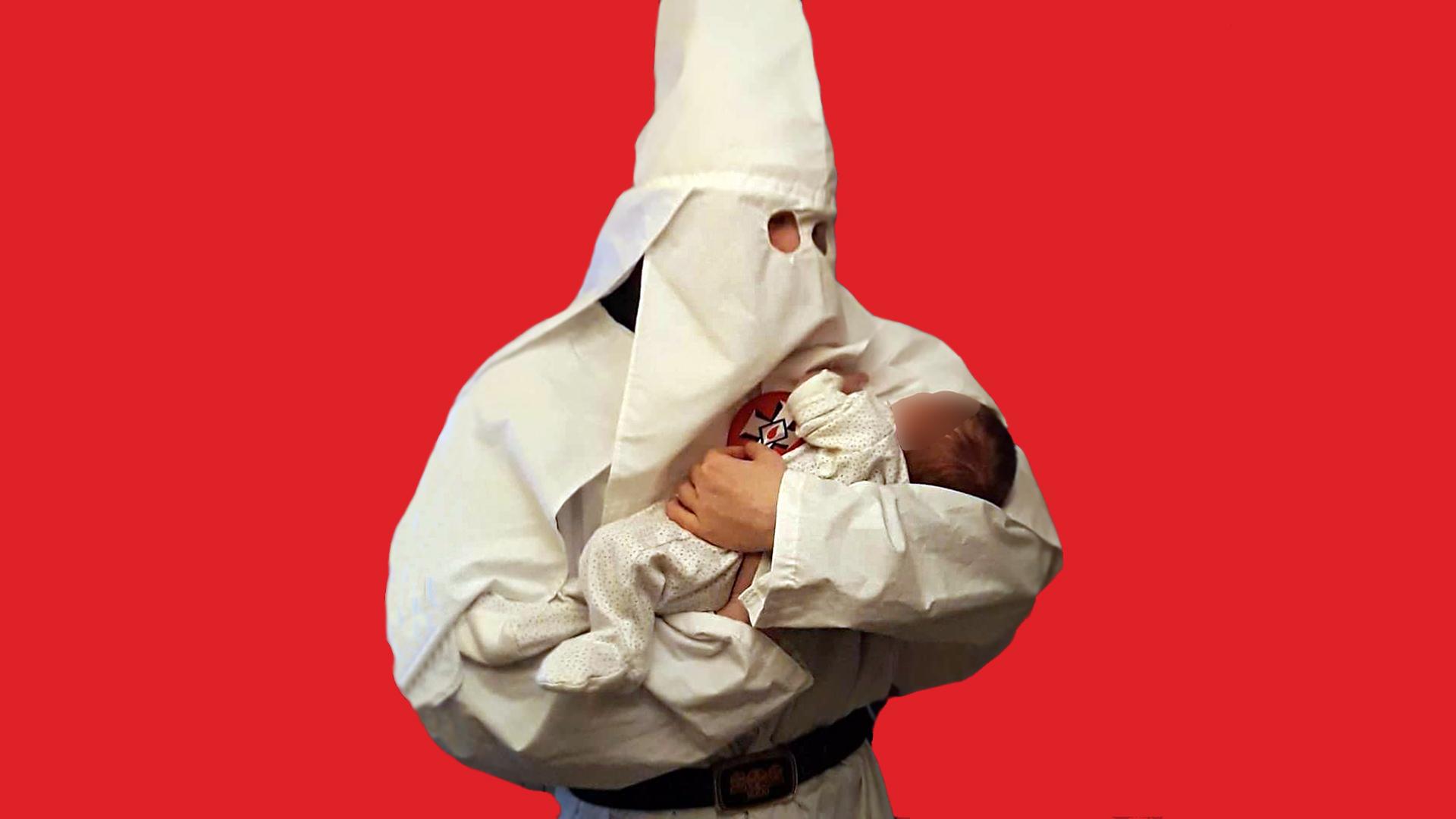Fastest-growing UK terror threat 'from far-right'
- Published
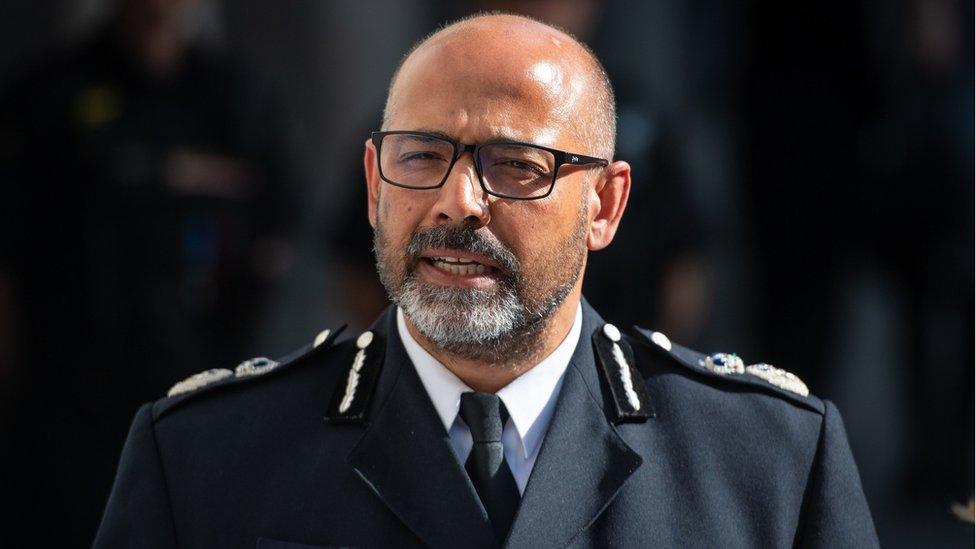
The fastest-growing terror threat in the UK comes from far-right extremism, police have said.
Neil Basu, the UK head of counter-terrorism, said seven of the 22 plots foiled since March 2017 have been linked to the ideology.
He said far-right terrorism had gone from 6% of the caseload two years ago to 10% today, adding: "It's small but it's my fastest-growing problem."
But, he said, the biggest threat still came from jihadists.
Mr Basu, Assistant Commissioner for the Metropolitan Police, said some of the right-wing plots they disrupted were "designed to kill people" - and methods mimicked those seen in jihadist attacks, with some even using Islamic State materials.
Speaking at a briefing on Thursday, Mr Basu said about 10% of around 800 live terror investigations were linked to right-wing extremism.
Children as young as 14 have been involved in extremist activity, the briefing was told.
He also said the government's terrorism-prevention programme, Prevent, which aims to stop people being radicalised, has seen referrals nearly doubling since 2015/16 to 18%.
"Despite the increases, right-wing terrorism remains a relatively small percentage of our overall demand, but when nearly a third of the plots foiled by police and security services since 2017 relate to right-wing ideology, it lays bare why we are taking this so seriously," he said.
"As a proportion of our overall threat it's definitely increasing, whereas the Islamist threat is staying the same, albeit at a very high level."
Mr Basu added young people and those with mental health issues were particularly vulnerable to becoming radicalised.
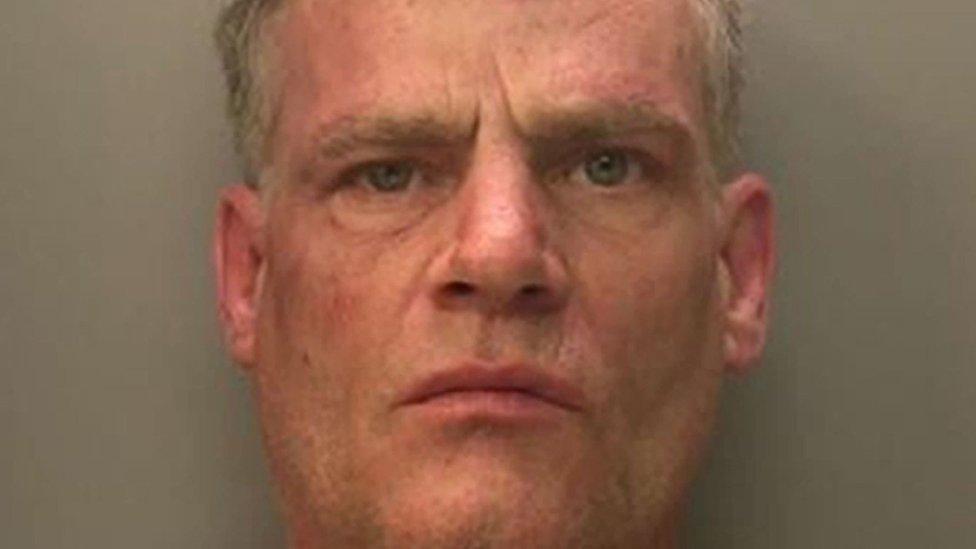
White supremacist Vincent Fuller, 50, was jailed for more than 18 years last week
Last week white supremacist Vincent Fuller, 50, was jailed for 18 years and nine months for stabbing 19-year-old Bulgarian Dimitar Mihaylov in what a judge called a "terrorist act".
Three other right-wing activists are due to be sentenced in London and Leeds on Friday.
But Mr Basu said police "can't arrest ourselves out of this problem" and called on the public to come forward if they fear a friend or family member is becoming radicalised.
"I have been called ridiculously idealistic, but I believe more than ever that evil triumphs when good people do nothing," he said.
Asked whether the police's approach to right-wing threats has changed in recent years, he said: "I would say that some of the criticism that we did not look at white supremacist, right-wing violence as terrorism in the past is probably justified."
He said investigations into the banned group National Action "have broken that organisation".
National Action was proscribed in 2016, becoming the first neo-Nazi group to be outlawed under terrorism legislation.
The briefing was also told the threat comes from a "spectrum" of right-wing ideologies.
They range from far-right groups that are anti-immigration and anti-Islam and so-called white nationalists through to neo-Nazi white supremacists, such as National Action and its spin-offs, System Resistance Network and Sonnenkrieg Division.
Since last year the Security Service MI5 has been working closely with counter-terrorism police to tackle the threat.
- Published5 August 2019
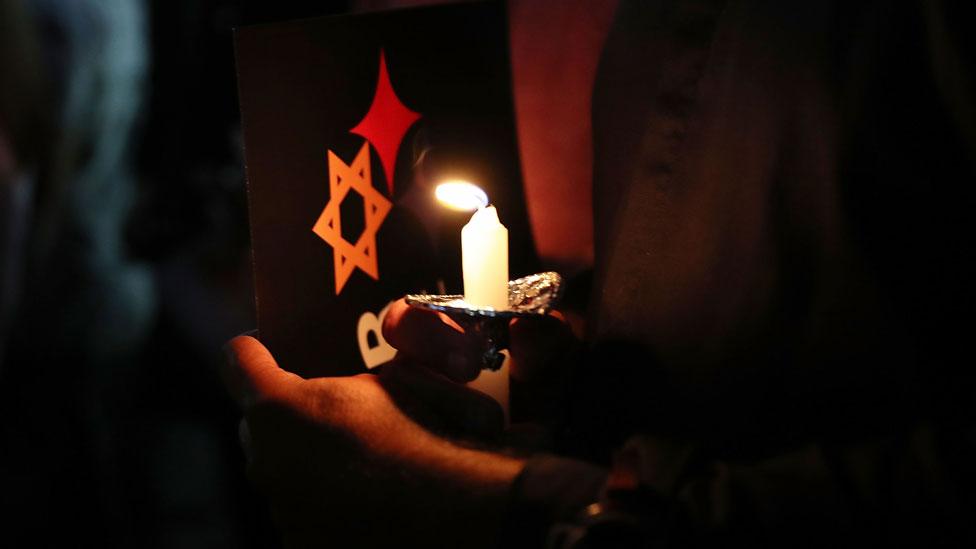
- Published9 September 2019
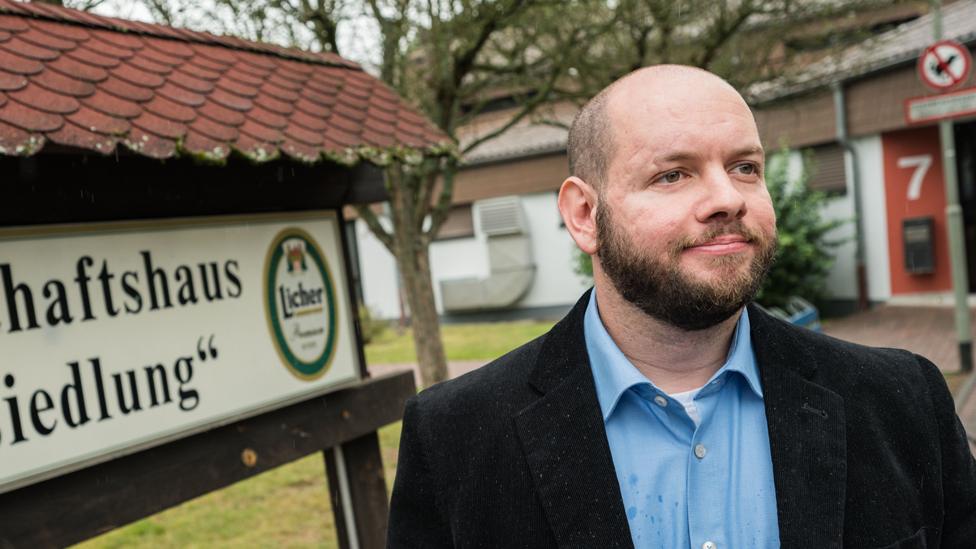
- Published22 August 2019
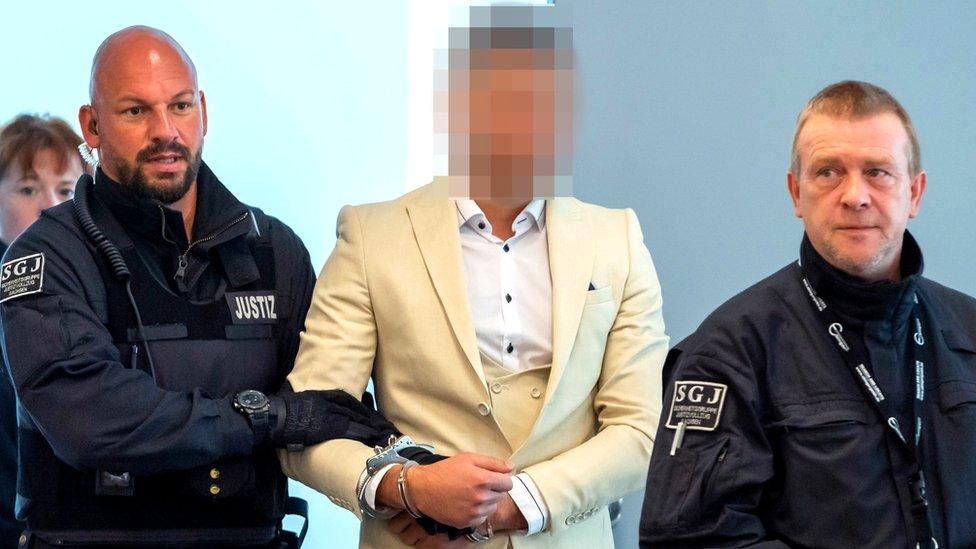
- Published12 November 2018
